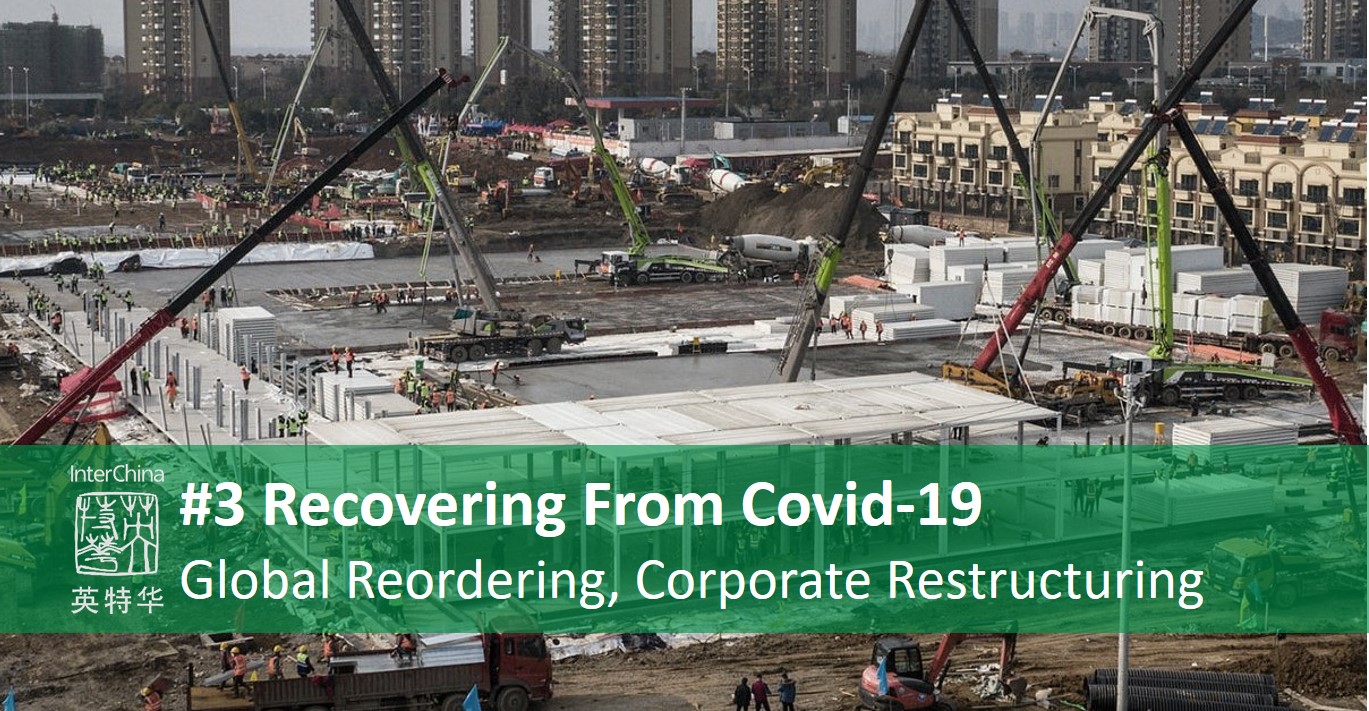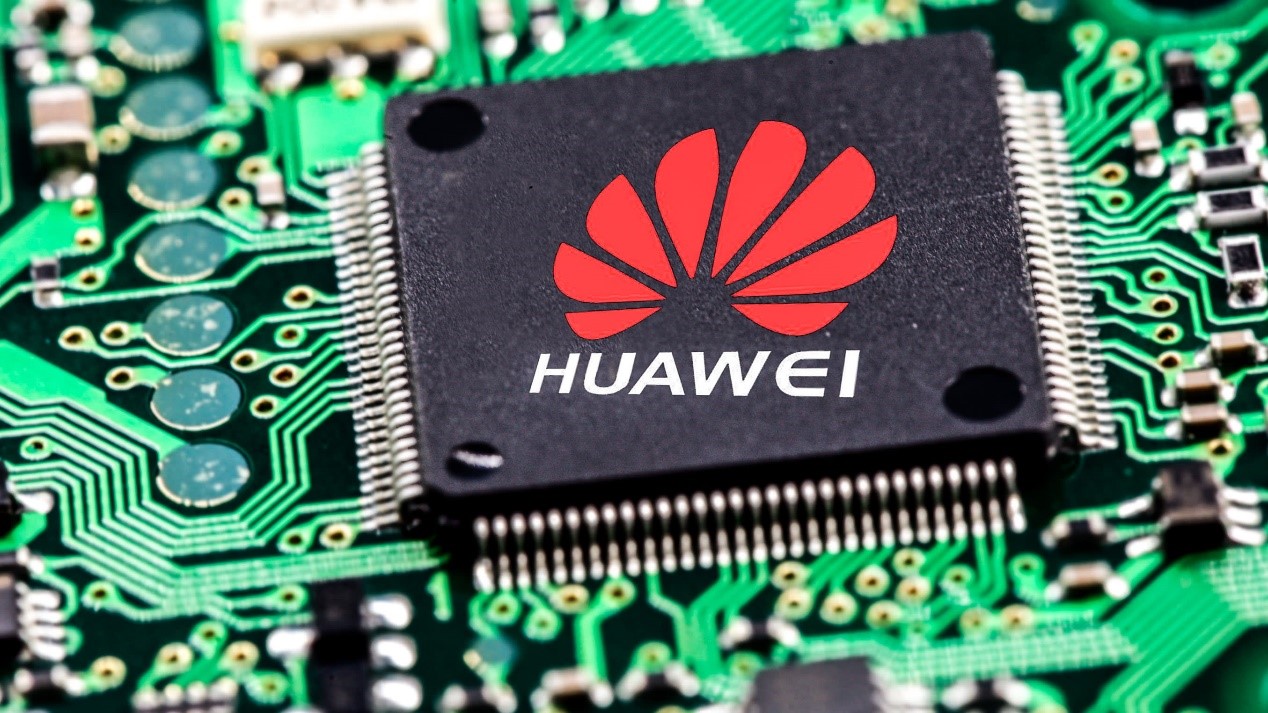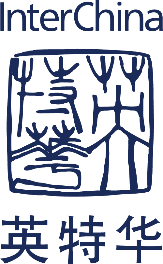
This is a blog series on how international companies in China should be responding in the wake of the ongoing Covid-19 crisis. Although the pandemic is continuing to cause huge disruption to the global economy, we are now seeing the beginnings of a recovery in China as it emerges out of the crisis. That makes it wise to start allocating at least some management bandwidth back to strategic planning and investment, especially as the business context in many sectors has been completely reshaped. In this third post, InterChina’s partners Eduardo Morcillo, James Sinclair and Franc Kaiser look at what a new global order would mean for M&A activity in China.
April 16, 2020
The natural and logical conclusion would be that Covid-19, as a global pandemic, would unify all nations into mutual support and solidarity. It would be a moment where all underlying conflicts are cast aside for the greater good, for mutual cooperation to battle this global scourge.
Instead, Covid-19 looks set to multiply the speed and depth of global economic conflict, especially between the US and China. With the virus effectively destroying Trump’s ‘economic miracle’, and also shining a light on systemic social weaknesses in the US around employment protection and healthcare, so the US will look for someone to blame. The fact that the virus emanated from China will only serve to empower China hawks in Washington’s circles of power and influence.
In our view, rising political tensions will yield further financial and commercial measures, aggregating towards a ‘decoupling’ of economic ties between the two countries, and with important implications for the global order.
Decoupling Means Regional Blocks
This decoupling of the world’s two largest economic powers started well before Covid-19 and is intrinsically linked with both the wider deconstruction of the globalisation model that has served us for the past 70 years, and a host of other conflicts which reflect a change in ideology and interests.
A number of factions within the US now fervently believe that the US can benefit more from bilateral relationships with the rest of the world while still maintaining its position at the top of the global order, especially in terms of the challenge from China. The US-China trade war was a first move in this new era of confrontation, but conflicts are rapidly emerging on a variety of other fronts too, such as technological and diplomatic.
Covid-19 has, in short, exacerbated the situation, deepening the underlying conflict. Worryingly, we are now seeing this anti-China sentiment spread from the political domain into corporate boards. So this isn’t just a cultural or political issue. It also reflects the growing concern among US multinationals that Chinese corporations can, and will, become serious global competitors.
Meanwhile, Beijing is moving quickly and adeptly to take advantage of the opening created by US missteps in response to Covid-19, filling the vacuum to position itself as the global leader in pandemic response. We see this in how it has been providing medical equipment and medicine to other countries, and also in terms of sharing lessons learnt with governments around the world. Beijing’s narrative, which is that China is the essential player in a coming global recovery, will play better in some places more than others.
Over the coming 5 to 10 years, not only will we see significant decoupling between the US and China, but also the strengthening of regional blocks around the world. They will be characterized by geopolitical leadership, supply chain interdependencies, infrastructure links, Internet governance, and common technology standards. Given China’s heft, it will inevitably be at the centre of one of these blocks.
Take the imminent battle over technology standards. Entwined with the trade war, Washington has already been trying to slow Huawei Technology’s drive to dominate the 5G wireless network market. The move has caused Beijing to redouble its efforts to reduce reliance on Western technology, especially with regard to semiconductors, and become completely independent instead. The result will be distinct technology standards and systems, and potentially more regional internet networks, with incompatibilities between the blocks where they are deployed.

Regional Blocks Means Corporate M&A
These shifting sands will have profound implications for corporate structures and acquisitions in the months and years to come. We expect to see the same multinationals both (a) de-risk their global supply chains by reducing reliance on production in China (b) continue to place the Chinese market as a top strategic priority for revenue growth. The latter will increasingly require a more regional approach in terms of autonomy, supply chains and scale in China. And for each of these, acquisitions will have a role to play.
- Regional Autonomy:For those international companies that already have significant businesses in China (e.g. China contributes >10% to global revenues), we are seeing headquarters grant their China operations with more freedom and autonomy in strategic and acquisition planning. They recognize that China is months ahead of the rest of the world in starting its recovery, that strength in China can help offset weakness in home markets, and that there are local acquisition opportunities to be pursued.
- Regional Supply Chains:Many of the transactions that InterChina is advising on today are driven by international companies that are looking to fill holes in their ‘in China for China’ supply chains. The intention of these shorter supply chains is to become more China-centric, not just in terms of speed and cost, but more importantly in better meeting customer needs in China. So this is not just about having manufacturing in the region, but the full set of capabilities that drive supply chains, including research and new product development. The result is a move from a global to regional supply chain structures, with China operations also looking to serve the Asian region.
- Regional Scale:For international companies competing in China, they will increasingly need regional scale to do so. As China grows, and its market dynamics diverge with the rest of the world, merely having a “satellite” operation in China will become less and less viable. Instead, scale offers credibility with customers, a better chance of attracting the right talent, and the economies for sustainable margins. Where organic growth would take too long or be too difficult, acquisitions should be considered.
For those with acquisitions in mind, they should move with a sense of urgency. Many Chinese SMEs are struggling to recover during the aftermath of the pandemic, and will seek investors or buyers. However, large Chinese corporates are hungry to take market share, and will be looking for acquisitions themselves. The risk for some international companies is that, with headquarters needing to preserve cash worldwide right now, no exception is made for their China operations. Move too slow, and opportunities will be lost – The case needs to be made.
Next Time
In our next posting we look at how international companies should now plan ahead, examining action points for those active in China’s industrial space. In another posting we will look at the consumer sector, while we round off the series by exploring the M&A opportunities that now lie ahead.
Blog Series
#1 Recovering From Covid-19: To ‘V’ or not to ‘V’
#2 Recovering From Covid-19: Lessons learnt from China
#3 Recovering From Covid-19: Action points for industrial players
#4 Recovering From Covid-19: Action points for retail and brands
#5 Recovering From Covid-19: The M&A opportunity
#6 Recovering From Covid-19: Action points for retail and brands (to be published)
#7 Recovering From Covid-19: The M&A opportunity (to be published)

Author: Eduardo Morcillo, James Sinclair and Franc Kaiser
Follow Us for More Information


 English
English









